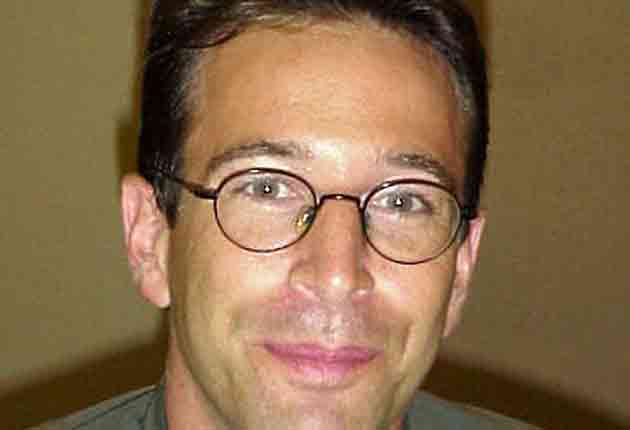Bina Shah: The trust that once flowed between journalists and locals has gone sour

In Mohsin Hamid's short story "A Beheading", published in Granta Pakistan last autumn, an unnamed man is dragged from his bed in the middle of the night and kidnapped. The man knows he's as good as dead when he is taken in the trunk of his assailants' 1981 Toyota Corolla. Within four paragraphs, the man is bound and gagged, on his knees in front of a video camera, remembering a goat that was sacrificed for Eid. Within six, he's begging them: "Tell me what to write. I'll never write again." And by the seventh paragraph, he has been beheaded.
If this lurid imagining reminds you of Daniel Pearl, you're not alone. Hamid's story voices what went through everyone's minds when they learned that Pearl, an American reporter for The Wall Street Journal, had been killed by his kidnappers in January 2002. The Centre for Public Integrity has just released a 31,000-word report under the Pearl Project giving what The Washington Post calls "the most complete and graphic account of Pearl's death". But it's Hamid's story, in barely 800 words, that tries to answer the question that won't make it to The Washington Post: what must it feel like to die in such a horrible way?
Nine years on, the repercussions of Pearl's death still lurk in the minds of Pakistanis and the journalists who come from Western countries in order to report on them. Is he a CIA spy? Does she work for Mossad? Is that a Jewish name? Those are the kinds of questions the Pakistanis ponder. I can only guess what the reporters feel every time they meet a Pakistani contact: Am I going to end up like Daniel Pearl? The trust that once flowed easily between journalists and citizens has evaporated, replaced by a wary cynicism that makes writing about Pakistan less of a professional challenge and more of a personal minefield.
I can remember waking up on a very ordinary January morning, looking at the front page of the Dawn newspaper, and seeing a picture of Pearl crouched on the floor, clad in a dirty Lurex tracksuit, a gun pointed at his head. I felt my stomach lurch as I read the headline: an American journalist kidnapped and being threatened with death by a shadowy organisation that I'd never heard of before. The entire city of Karachi followed breathlessly as Pakistani and American investigators worked day and night to "find Danny". And when we heard how he'd died, an entire city wept over the barbarity, the loss of humanity that allowed this to happen. Daniel Pearl is a ghost who haunts all of us to this day, a trauma from which none of us really knows how to be healed.
Bina Shah is a Karachi-based writer and author of 'Slum Child'
Join our commenting forum
Join thought-provoking conversations, follow other Independent readers and see their replies
Comments
Bookmark popover
Removed from bookmarks